Building meaningful programs for indigenous youth
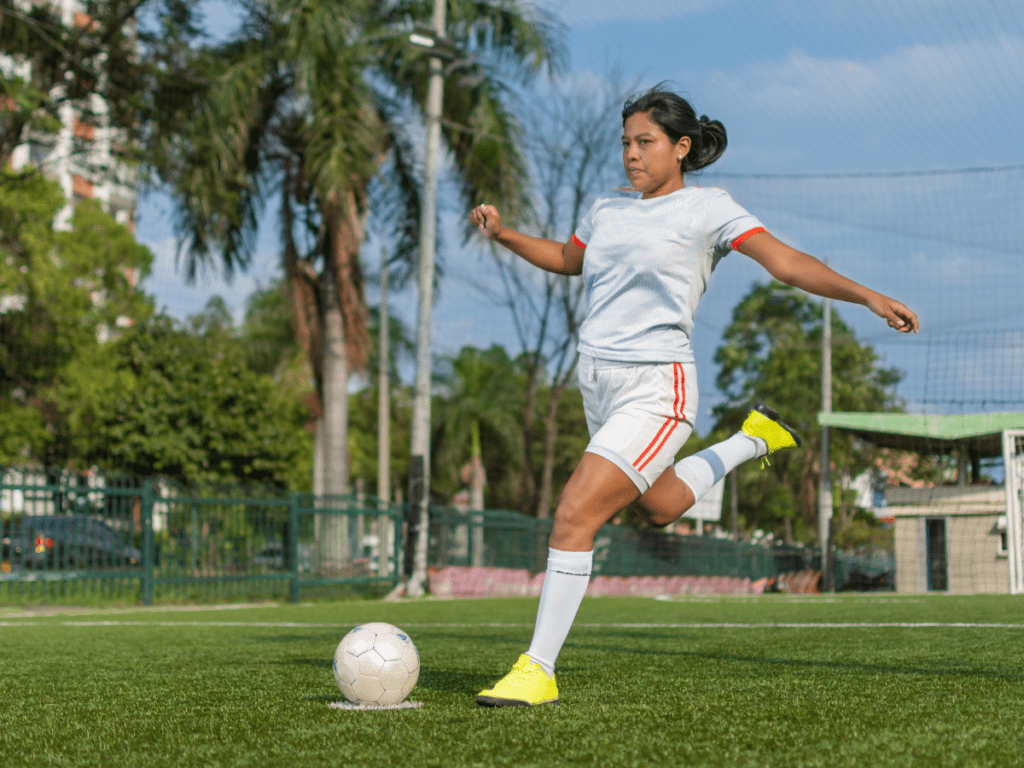
Project summary The main purpose of this research program was to help build more meaningful and relevant sport and recreation-based programs for Indigenous youth through the examination of a series of multidisciplinary analyses and case studies (mainly the Promoting Life-skills in Aboriginal Youth [PLAY] program from Right To Play, Project George, and Milo Pimatisiwin from…
Winter drowning risk
Warmer winters contribute to thinner, weaker, and less stable ice. This puts Indigenous communities in northern Canada at increased risk for winter drowning because of their dependence on ice cover for subsistence and travel. Water safety programs that use local cultural and traditional knowledge in dialogue with community stakeholders can empower communities with the capacity…
Corporatizing sport for aboriginal girls: Connecting corporate social responsibility, the ‘Girl Effect’ and aboriginal-focused sport, gender and development programs
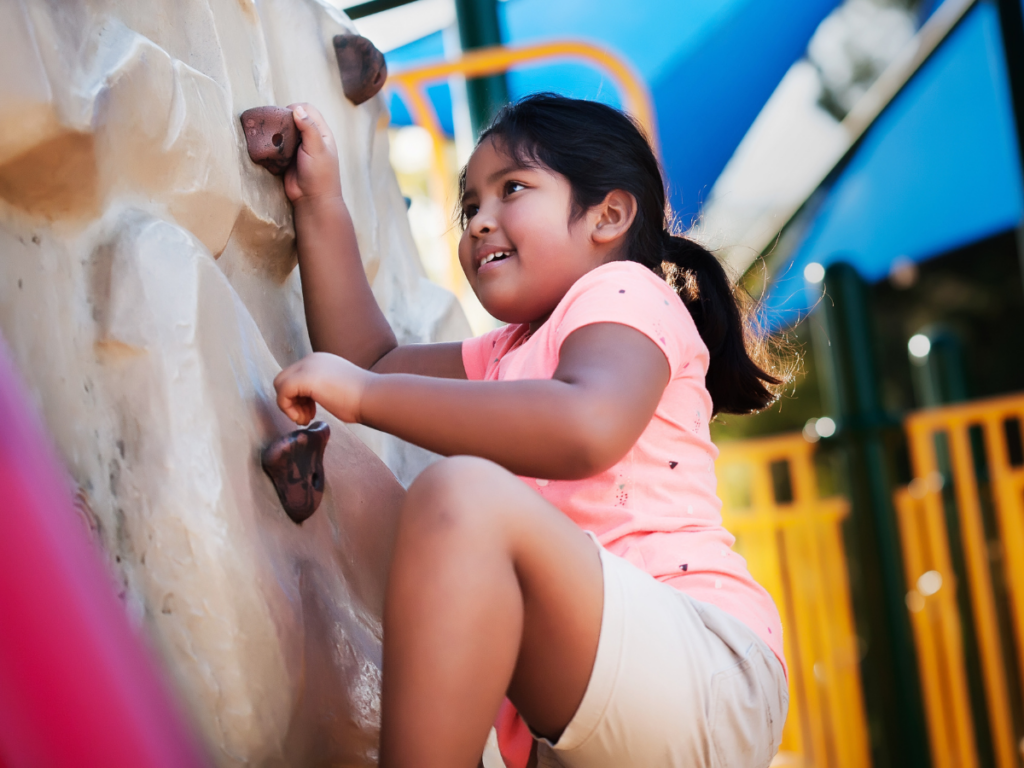
Project Summary This study explored how urban Aboriginal young women understand and experience their participation in a sport for development (SFD) program administered by the Vancouver Aboriginal Friendship Society Centre (VAFCS); and investigated how corporate funding and involvement in the VAFCS SFD program impacted targeted beneficiaries. The three specific objectives of the research were: To…
The (re)making of the Hobbema Community Cadet Corps Program
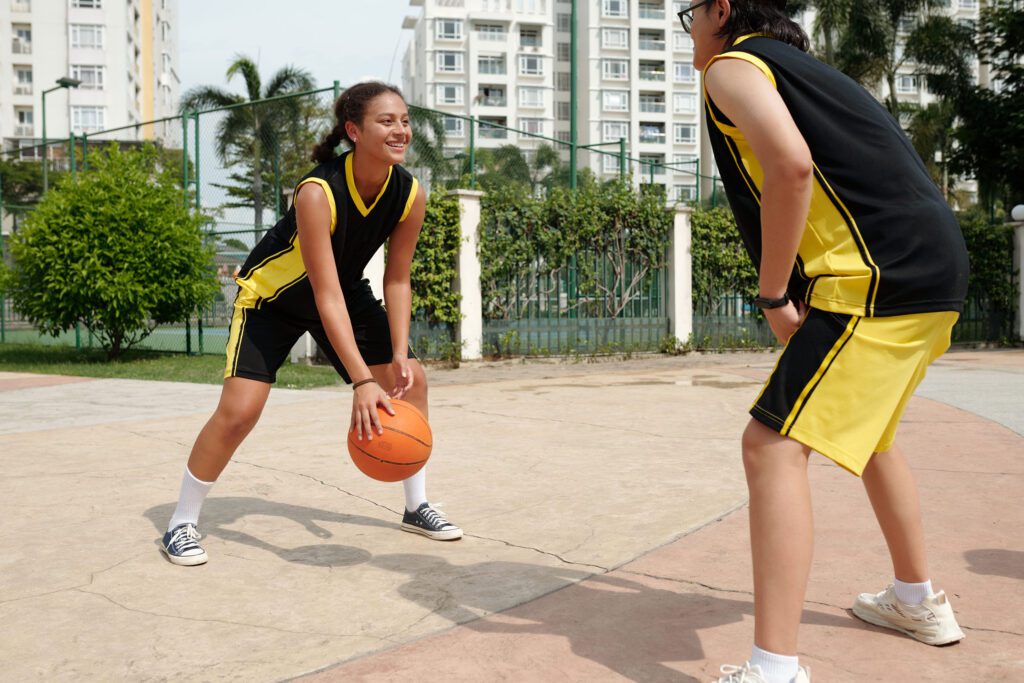
Project Summary In 2005, the Royal Canadian Mounted Police (RCMP) helped launch a unique afterschool program among the four Cree Nations of Maskwacis (formerly Hobbema), Alberta. The program, known as the Hobbema Community Cadet Corps Program (HCCCP), was widely celebrated among politicians, segments of the community, and especially in the mainstream media as an effective…
Engaging First Nation, Metis, and Inuit Communities
For sport and physical activity organizations, creating successful partnerships with First Nations, Métis and Inuit communities requires an intentional approach. This includes understanding individual communities and cultures, recruiting volunteers and coaches from these communities, and recognizing that building meaningful relationships based on trust will take years and genuine commitment.
Barriers to Physical Activity for Rural Communities
Common barriers to physical activity in rural, remote and Indigenous communities include limited access to recreational facilities, lack of sidewalks, uneven road surfaces, wildlife, and inclement weather. Learn more about evidence-based strategies for promoting physical activity in these communities.
Cultural Context
Understanding the cultural context of a community is critical when designing and implementing physical activity and sport programs. For example, integrating Indigenous values, beliefs, and practices (e.g. smudging, berry picking, hunting) into programs can greatly enhance their value among Indigenous groups. Engage stakeholders in the process, and ensure that their needs and priorities are taken…
Inclusion Must Be Intentional
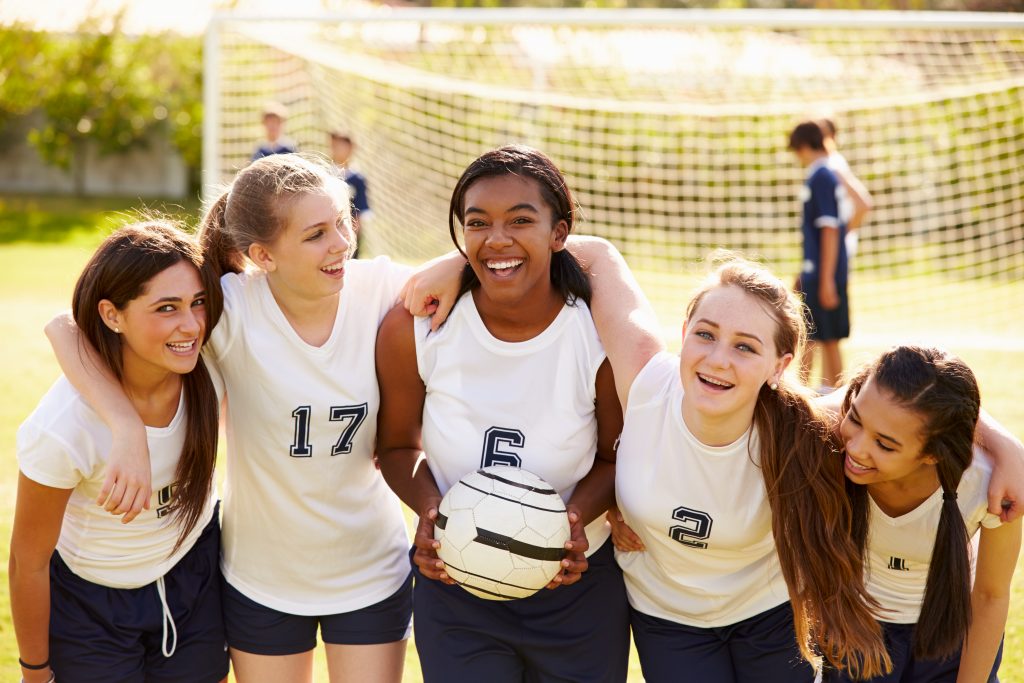
According to the Oxford English Dictionary, “inclusion” is the action or state of including or of being included within a group or structure. True inclusion involves authentic and empowered participation and a true sense of belonging for all participants. However, if we want to be successful with inclusion, we must intentionally plan for it –…
Gender-based Violence in Sport
Coaches can play an important role in teaching athletes about healthy relationships in and through sport. The Coaching Association of Canada is leading a new project to build the capacity of coaches and other sport system stakeholders to help prevent and address gender-based and teen dating violence. To learn about the project and complete coach and athlete…
2020 Arctic Winter Games: Cultural Program & Gala – A Circumpolar Approach
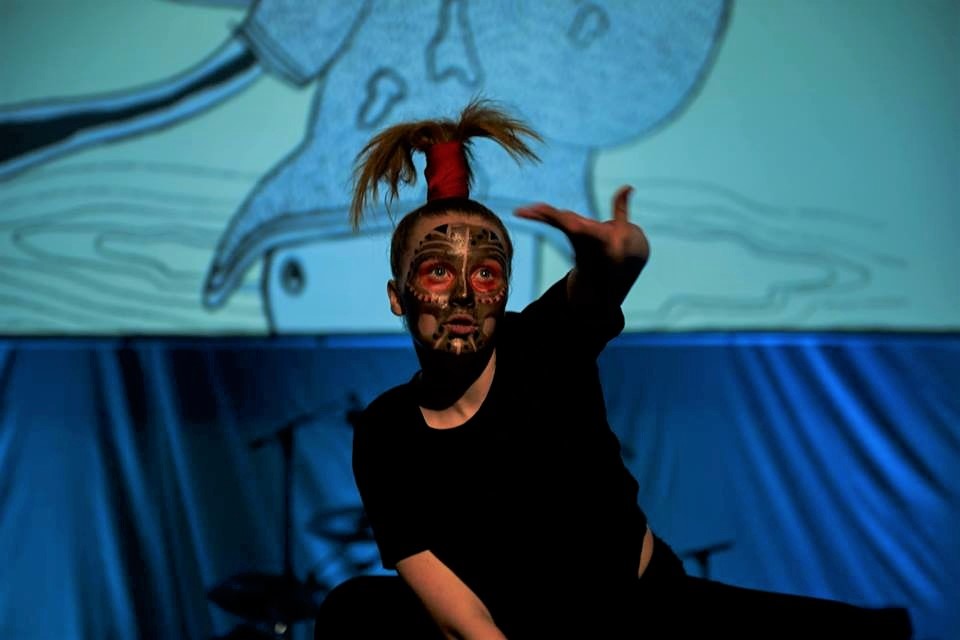
This is the fourth blog of a series leading up to the 2020 Arctic Winter Games that will be hosted by Whitehorse, YT March 15-21, 2020. Check out the previous blogs about the development of the Games, volunteer recruitment, and First Nations engagement. Since the Arctic Winter Games (AWG) began in 1970, cultural exchange and…